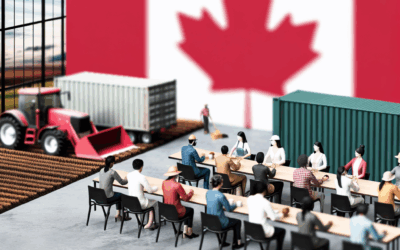The Canadian housing market has been a topic of intense discussion in recent years, characterized by soaring prices, shifting demand, and evolving government policies. This article delves into the current state of the market, exploring the factors driving its dynamics and the challenges faced by both buyers and sellers. Whether you’re a potential homeowner or an investor, understanding these trends is crucial for making informed decisions.
Rising Prices and Affordability Concerns
Over the past decade, housing prices in Canada have experienced significant growth, particularly in major cities like Toronto, Vancouver, and Montreal. This surge has been fueled by factors such as low interest rates, population growth, and limited housing supply. However, while these conditions have benefited sellers, they have created significant affordability challenges for buyers, especially first-time homebuyers. According to the Canadian Real Estate Association (CREA), the average home price in 2023 was 20% higher than pre-pandemic levels, making homeownership increasingly out of reach for many Canadians.
The affordability crisis is further exacerbated by rising mortgage rates, which have climbed in response to inflationary pressures. This has forced many buyers to reconsider their budgets or delay their plans altogether. Additionally, the rental market has become increasingly competitive, with vacancy rates at historic lows in many urban centers. This dual challenge of high purchase prices and limited rental options has left many Canadians in a precarious housing situation.
Government Interventions and Market Stabilization Efforts
In response to the housing crisis, both federal and provincial governments have introduced a range of policies aimed at stabilizing the market and improving affordability. Measures such as stricter mortgage stress tests, foreign buyer taxes, and increased funding for affordable housing projects have been implemented to curb speculative investing and encourage a more balanced market. For example, British Columbia’s Speculation and Vacancy Tax has been credited with reducing foreign investment and freeing up housing stock in high-demand areas.
Despite these efforts, critics argue that more comprehensive solutions are needed to address the root causes of the housing shortage. Experts suggest that increasing the supply of affordable housing, particularly in urban centers, is essential for long-term market stabilization. Additionally, there is growing pressure on governments to streamline zoning regulations and incentivize the construction of new homes to meet the needs of a growing population.
In conclusion, the Canadian housing market remains in a state of flux, with rising prices and affordability concerns posing significant challenges for buyers and renters alike. While government interventions have sought to address these issues, the need for more robust solutions is evident. As the market continues to evolve, staying informed about these trends and policies will be key for anyone navigating Canada’s complex housing landscape.



